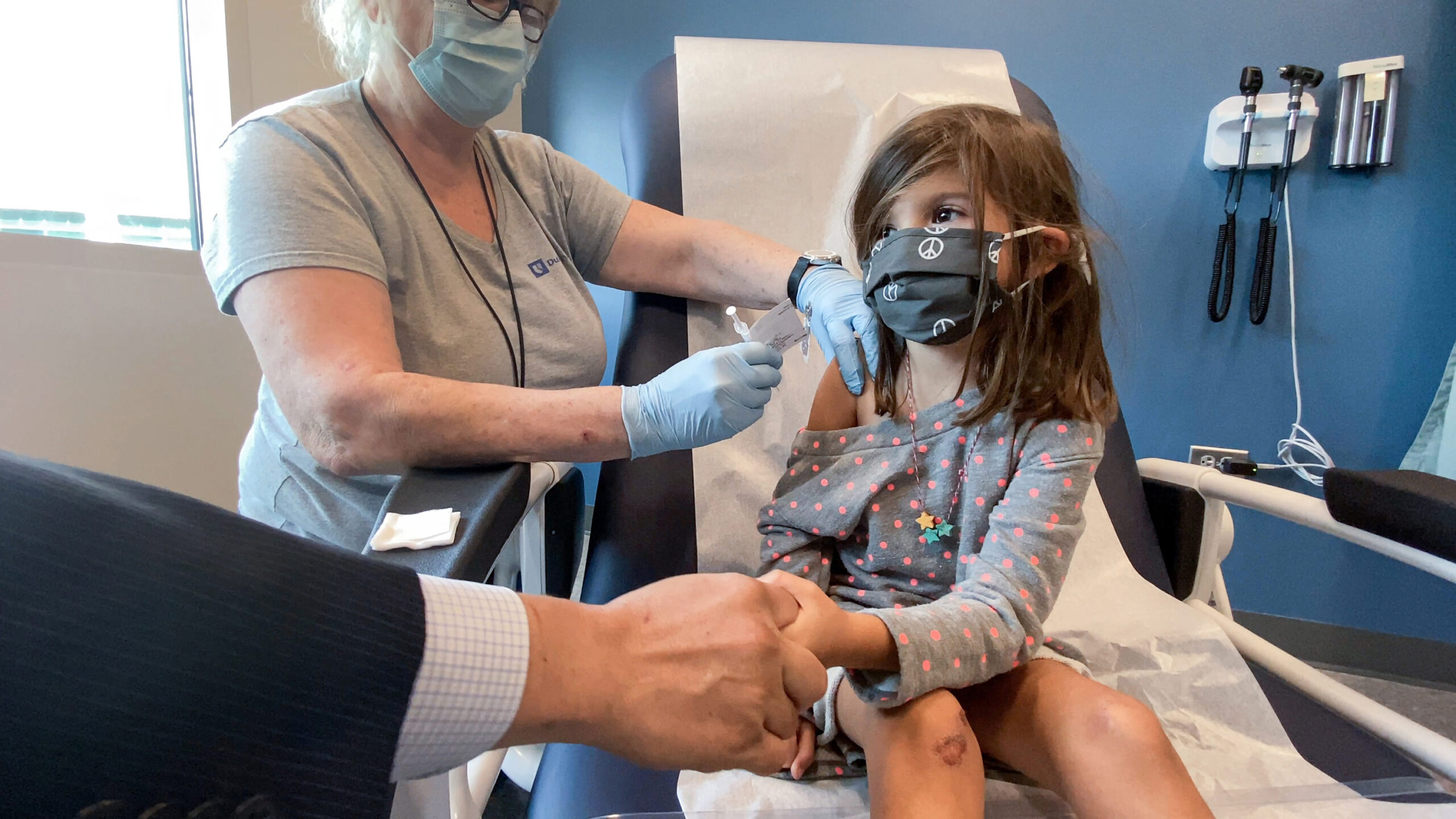
The FDA has recently approved the Pfizer vaccine for children five and older. The Pfizer vaccine is the only COVID-19 vaccination approved for kids. But before you decide to vaccinate or refuse vaccination for your child, there are some factors to consider. During the COVID pandemic, misinformation was rampant. Now, with the CDC recommending the Pfizer vaccine for children, it’s more important than ever to stay informed with accurate information.
Here are some of the factors to consider before deciding whether to vaccinate your child or not.
Safety & Effectiveness
Experts from Johns Hopkins and Mayo Clinic recommend the Pfizer vaccine for children ages five and up. The reason for this is because of the intensive evaluation of data that the FDA conducted. No severe side effects were detected in a study of about 3,100 children ages 5-11 who received the vaccine.
To determine the vaccine’s effectiveness, experts compared the immune responses of different age groups in a controlled study. The FDA looked at the vaccine’s effectiveness in individuals ages 16-25 and children ages 5-11. They found the standard dosage of the Pfizer vaccine to be just as effective in both groups, with a 90.7% effectiveness in children ages 5-11.
Does It Affect the Heart?
You might have heard the news that some individuals experienced blood clots after receiving the COVID-19 vaccine. In the United States, there have been some reported cases of inflammation in the heart muscle and on the outer lining, mainly in male teenagers and young adults 16 and older. However, these are rare cases, and most felt better after receiving care, taking medicine, and resting.
If your child receives the COVID-19 vaccine and experiences any shortness of breath, chest pains, or heart palpitations, seek medical care immediately.
Side Effects
Like most adults, children may also experience the common side effects from the vaccine, which include:
- Arm pain
- Fatigue
- Chills
- Headaches
- Muscle pain
- Joint pain
- Fever
In children, these symptoms are found to be milder, and they typically clear up in about 48 hours or less.
Long-Term Effects
It is still too early to tell what the long-term effects of the COVID-19 vaccine may be. However, it is rare for vaccines to have long-term effects, according to the Mayo Clinic. Children were monitored for safety and any adverse effects for at least two months during the ongoing Pfizer study. Though there may be side effects immediately after receiving the doses, those fade within a few days.
Compared to catching the COVID-19 virus without the vaccine, the side effects are not as persistent. The effects of the virus before the vaccine have lingered for months in some individuals. COVID-19 can also damage the brain, heart, and lungs, which lead to long-term problems.
Benefits
You might wonder why your child needs to get the vaccine if they are healthy. Studies have also found children do not suffer from COVID symptoms as severely as adults. However, some children may fall seriously ill if they contract the virus, and they could spread it to others in the household and at school.
Getting your child vaccinated can also provide a greater sense of normalcy and relief, allowing you to do certain things that you weren’t able to do before as a family. Additionally, if your child is exposed to COVID-19, they won’t need to quarantine if they do not show any symptoms, with some exceptions.
Children with Allergies
If your child has a history of severe allergic reactions to any of the known ingredients in the Pfizer vaccine, your child should not receive it. The Pfizer COVID-19 vaccine contains the following ingredients:
- mRNA (the only active ingredient in the vaccine)
- Lipids: (protects the mRNA)
- ((4-hydroxybutyl)azanediyl)bis(hexane-6,1-diyl)bis
- (2-hexyldecanoate), 2 [(polyethylene glycol)-2000]-N,N-ditetradecylacetamide
- 1,2-Distearoyl-snglycero-3- phosphocholine
- cholesterol
- Salts: (balances acidity in the body)
- potassium chloride
- monobasic potassium phosphate
- sodium chloride
- dibasic sodium phosphate dihydrate
- Sugar (helps molecules maintain their shape during freezing)
- sucrose (basic table sugar)
Final Thoughts
As you decide whether to get your young children vaccinated for COVID-19, it is essential to be aware of the facts and science behind the Pfizer vaccine. For adults, the COVID vaccine provides about a 95.6% efficacy rate, while it was 90.7% in children. That means it will significantly decrease your chances of developing severe and possibly life-threatening symptoms.
Ultimately, the decision is up to you. If you have questions or concerns about the vaccine for your children, talk to your child’s pediatrician to help you weigh the benefits and risks.

Emily currently lives in Orange County, California after spending four years in Illinois and half a year teaching in Florence, Italy. She holds a B.A. in English Literature from Knox College and an M.A. in Counseling from the University of San Diego and has taught English to native speakers and ESL students for over three years. When she’s not working as a School Counselor or writing, she enjoys traveling the world, playing instruments, and blogging about Millennial experiences at Long Live the Twenties.
